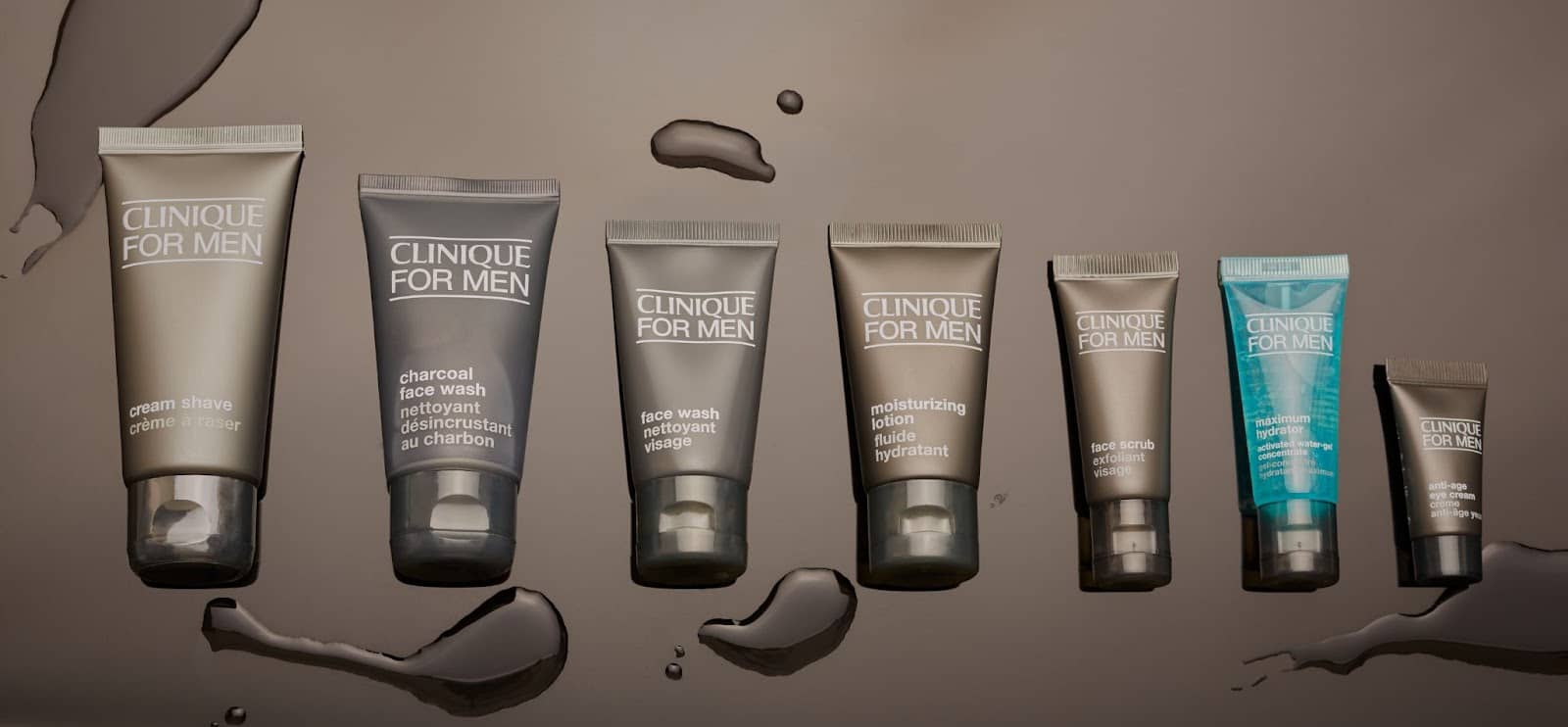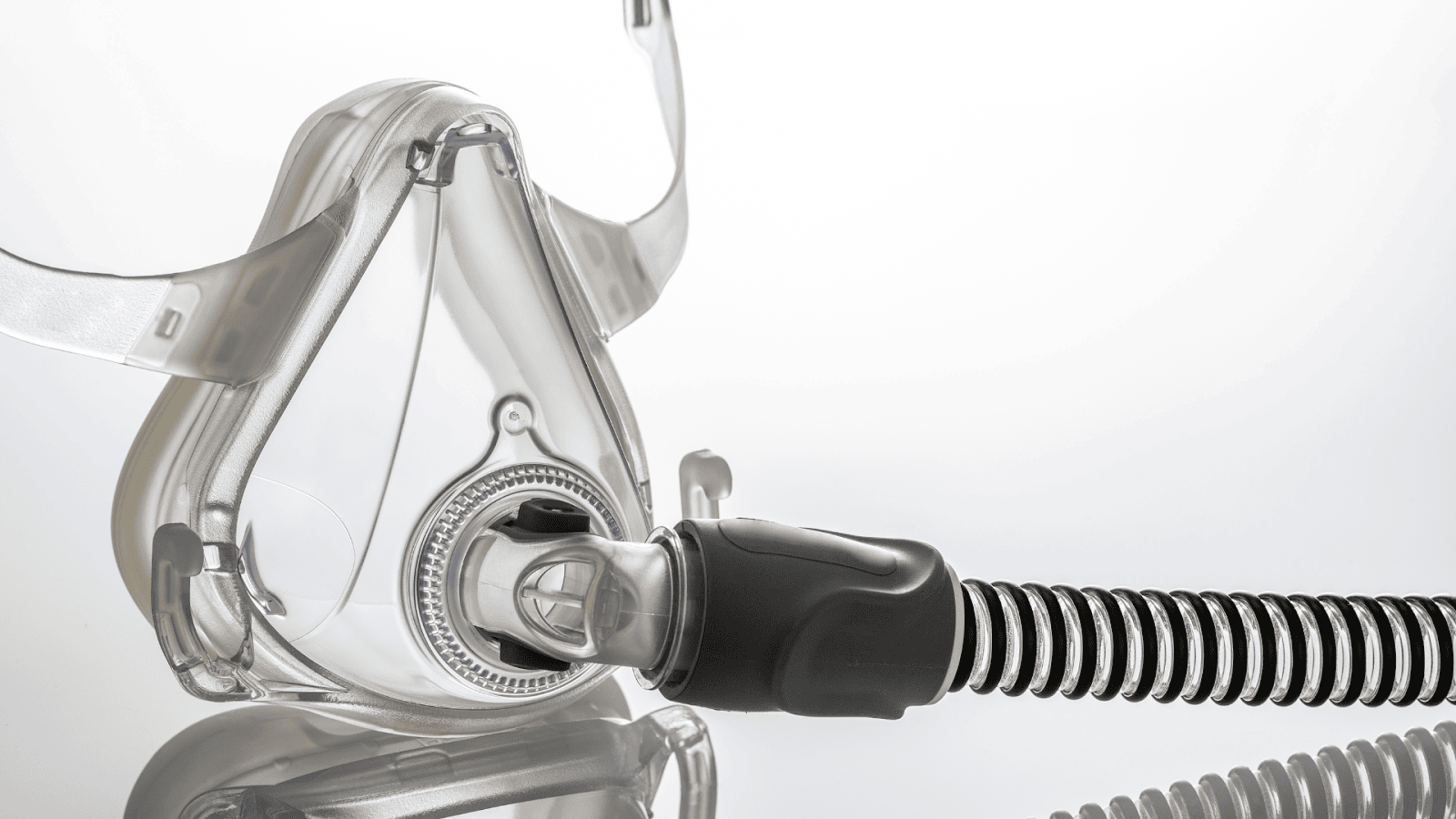The week after Christmas in Greater Boston is a whirlwind of returns, exchanges, and troubleshooting. It is also when hidden defects reveal themselves. A toy sheds a tiny magnet. An e-scooter battery swells while charging. A “fast” wall plug overheats on an old extension cord. When a product injures a child or starts a fire, you are thrust into two urgent jobs at once: caring for your family and protecting your legal rights. This guide explains how post-holiday product claims work in Massachusetts and what evidence to preserve while it still exists.
Why Do Defects Appear Right After The Holidays?
New products cluster in December, and so do first-use failures. Batteries are charged for the first time. Toys leave their packaging. Chargers and cords meet outlets in older Boston housing where wiring can be idiosyncratic. None of that excuses a defect. In product liability cases, we look at three core theories: a design defect that made the product unreasonably dangerous even when built correctly, a manufacturing defect that slipped past quality control, and a failure to warn about foreseeable risks. Which theory applies drives what experts we involve and which companies we name.
 Product Liability Lawyer Blog
Product Liability Lawyer Blog







